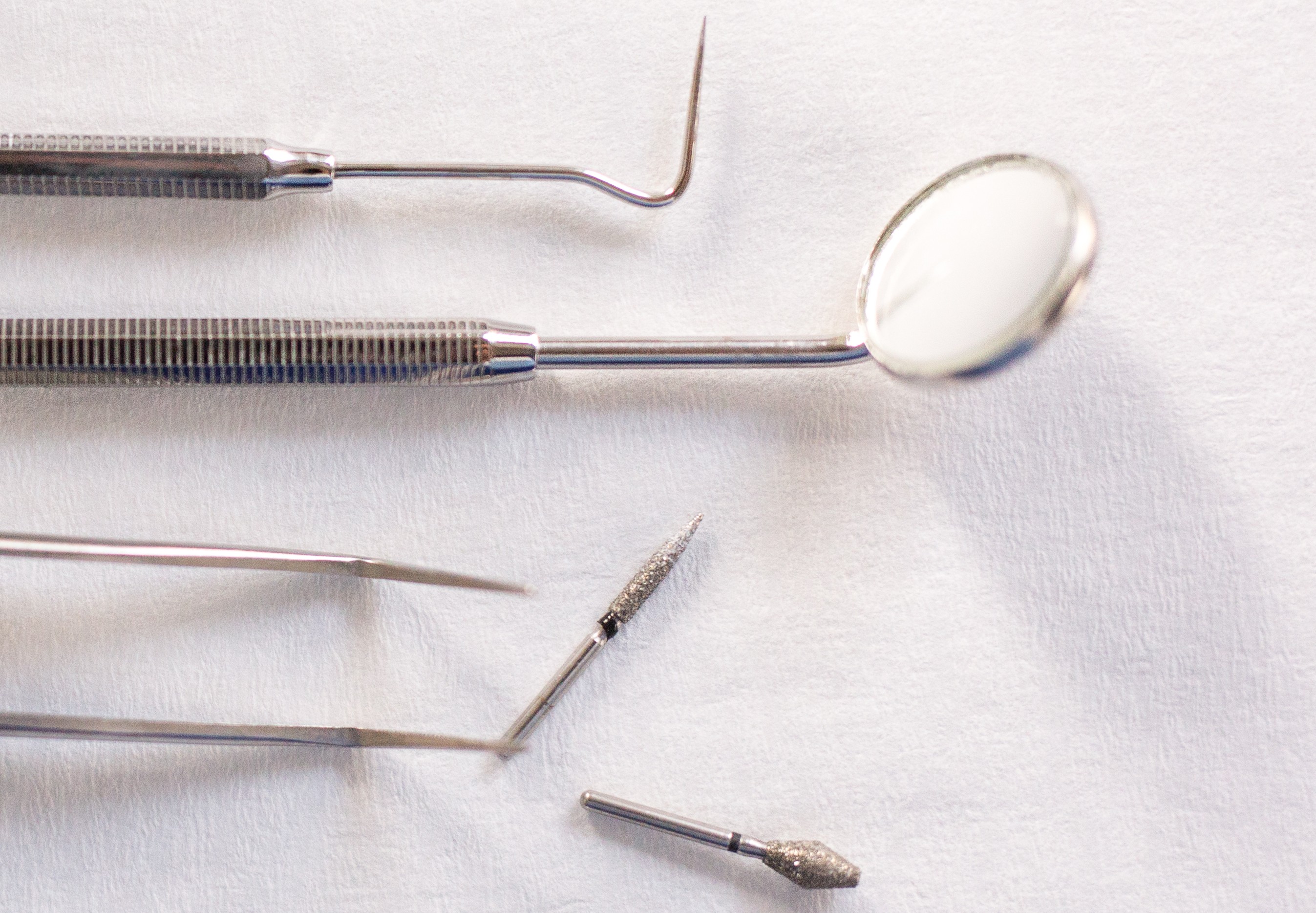Bad breath – Typical causes
A bad breath is disturbing for both our environment and ourselves. Specialist recommend the thorough investigation to uncover the causes, since serious illnesses can be in the background. Let’s see the most frequently occurring causes for bad breath, and the best treatment for each.
Oral hygiene
Insufficient oral hygiene is the most common cause. There are several bacteria in our mouth, which is normal. They play a role in the digestive procedure, transforming amino acids into sulphur compounds. Still, if the number of bacteria is beyond normal, it may cause a bad breath.
The solution: Specialists recommend brushing our teeth at least twice a day, but after every main meal is even better. Do not forget to brush your gingiva and tongue as well, to remove bacteria and plaque from their surfaces. Also, see your dentist every six months for a check-up!
Dehydrated oral mucous membrane
The bacteria in our mouth needs to be covered with an adequate amount of salvia. In the absence of salvia, the metabolism of bacteria can lead to the altering of the pH value. Dehydration can be caused by unsatisfactory fluid intake, use of alcohol containing mouthwash, smoking and drinking alcohol, or breathing with an open mouth during our sleep. In addition, certain medication can cause the membrane to dry. These are some antihistaminics, anti – depressants and antihypertensive drugs.
The solution: It is important to find the reason of dehydration. Most of the causes can be abolished with changing our habits. If uncertain, or in a case, where dehydration is caused by medication, contact a dentist. Eating natural yoghurts can help keep the digestive bacteria balanced, while parsley has an antiseptic effect.
Sinusitis and tonsillitis
If all other hazards are excluded, the tonsils and sinus should be examined, because inflammation might be the cause.
The solution: Consult an ENT doctor.
Diabetes, reflux and other gastrointestinal diseases and malfunctions
Acetone breath is another typical cause. This indicates diabetes, and should be investigated at once. Reflux occurs, when the muscles closing the cardia or pit of the stomach work insufficiently, allowing the acid from our stomach to enter the oesophagus. Ketosis can also cause bad breath. It is the consequence of an extreme low-carb diet.
The solution: Consult an internist for the best solution considering all gastrointestinal issues.
Bronchitis or pneumonia
An inflammation in the lungs, called bronchitis or pneumonia can also trigger bad breath.
The solution: If it is the case, it is important to undergo a thorough pulmonological examination to investigate the root cause.
Diet choices
Even hours after consumption, foods such as fish, onions or garlic can be the ground of bad breath – in spite of thorough oral hygiene. Another issue is heartburn (pyrosis) mostly caused by oils, spicy food, alcohol in general, beer and other fizzy drinks, preservatives and artificial additives and coffee.
The solution: Concentrate on your diet choices and try avoiding these hazards.
Upset stomach
A heartburn or pyrosis is the most common form of an upset stomach. In most cases, it occurs when the acid from the stomach flows backwards. It is a typical symptom of reflux described above, and the bacterial infection of the stomach. Low-carb diets and an empty stomach can also effect bad breath.
The solution: Make sure your diet is balanced, and if it doesn’t help, contact a specialist for help.
Some bad habits
All forms of smoking or chewing tobacco result in a bad breath. Apart form the smoke itself, nicotine influences the smooth muscle tone, which can effect in reflux-type symptoms.
The solution: Try lessening the consumption of tobacco as much as possible to avoid the unwanted effects.
Do you need help? Meet our specialists on a personal consultation or send a panoramic X-ray and get a quote now.








